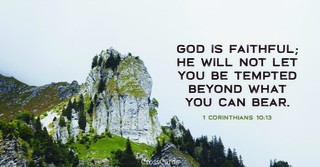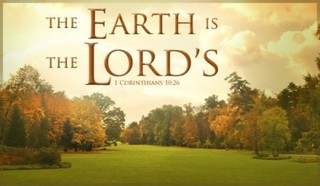
- Recent Translations
- All Translations
Kehillah in Corinth I 10:14
Share
Settings
Kehillah in Corinth I 10:14 Meaning and Commentary
Wherefore, my dearly beloved
Some copies add, "brethren"; as do the Complutensian edition, and Ethiopic version; all which endearing epithets are used to persuade to attend to the exhortation enforced upon the foregoing considerations; since the Jewish fathers, who were idolaters, fell so much under the divine displeasure; and since such who thought they stood were so liable to fall, and the temptation to which they exposed themselves was of such a dangerous consequence; therefore,
flee from idolatry;
as what is most dishonourable, pernicious, and abominable: the apostle's meaning is, not only that they would not worship idols, or commit plain downright acts of idolatry; but that they would stand at the greatest distance from idols, not so much as go into an idol's temple, and there sit down and eat; which if not a real act of idolatry, had at least the show of one; and his sense is, that they would abstain from all appearance of idolatry, from every occasion of it, and whatsoever led unto it; particularly he means, that they would not eat of things sacrificed to idols as such, and in an idol's temple; which he considers as a species of idolatrous worship, and by a similar instance he after proves it to be so, even a partaking of the table of devils.
